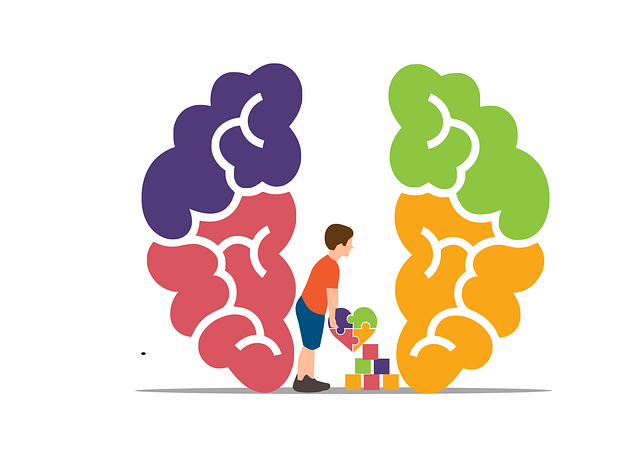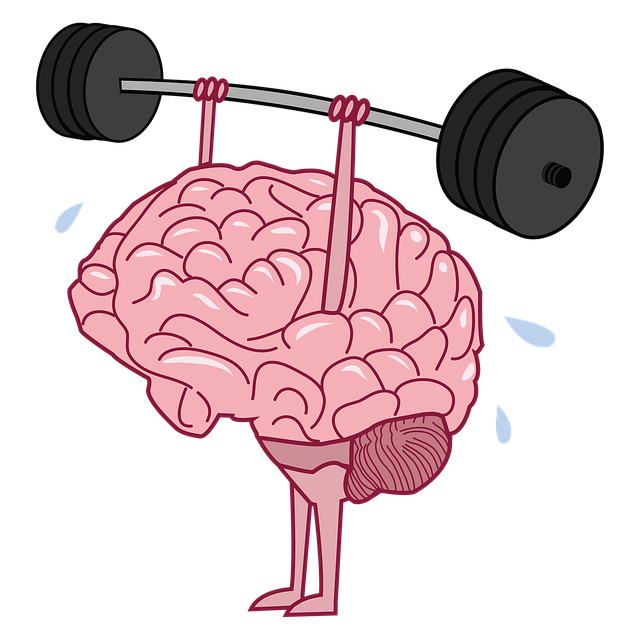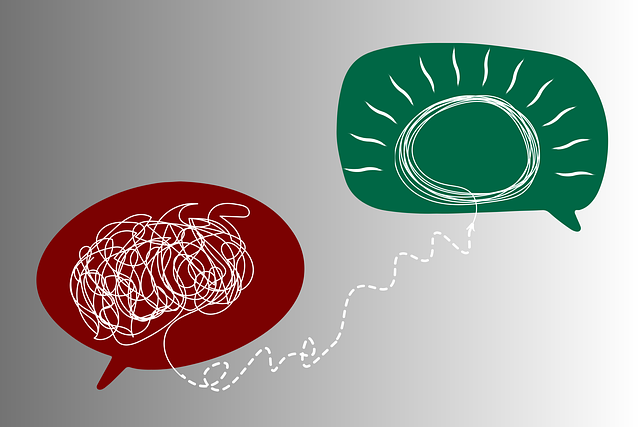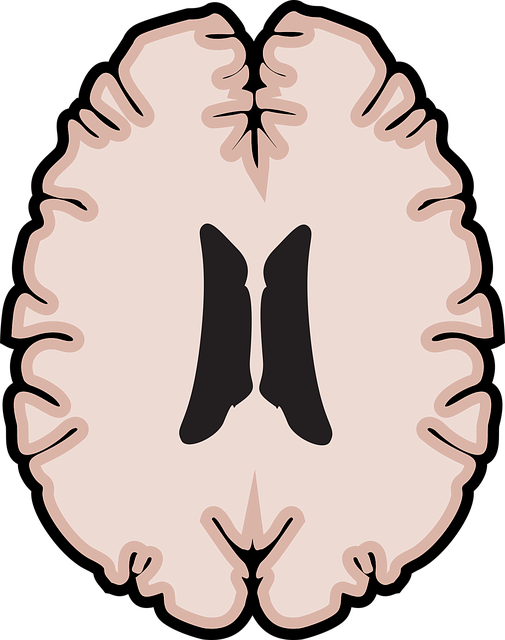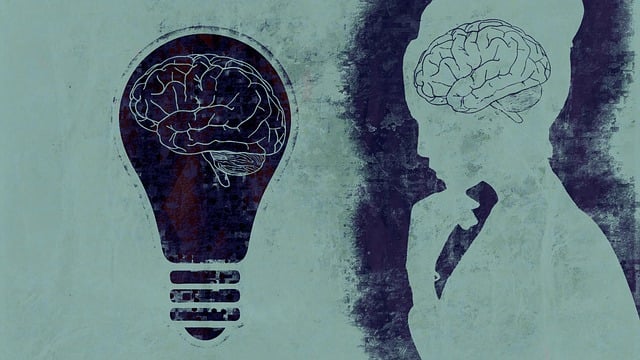Adolescence is a stressful phase marked by physical, emotional, and social changes, making teenagers vulnerable to long-term mental health issues. Cognitive Behavioral Therapy (CBT) offers an effective, evidence-based solution. CBT equips teens with tools to identify and change negative thoughts and behaviors, enhancing self-awareness and improving social skills. By teaching healthy coping strategies, CBT strengthens resilience and promotes overall well-being. Integrating CBT into daily routines, alongside practices like mindfulness and journaling, empowers adolescents to manage stress and navigate life's challenges successfully.
“Unraveling stress management techniques tailored for adolescent teens is essential given their unique challenges. This article explores effective strategies, with a focus on Cognitive Behavioral Therapy (CBT), proven to mitigate youth stress. We delve into understanding the stressors specific to teens and how CBT empowers them with coping skills. Additionally, we provide practical tips for integrating these techniques into daily routines, fostering long-term mental well-being. Discover how this therapy acts as a powerful tool in navigating adolescent stress.”
- Understanding Adolescent Stress: Unveiling the Unique Challenges Faced by Teens
- Cognitive Behavioral Therapy (CBT): A Powerful Tool for Stress Management
- Teaching Effective Coping Strategies: Empowering Teens with Practical Tools
- Integrating CBT Techniques into Daily Life: Tips for Consistent Practice and Long-Term Benefits
Understanding Adolescent Stress: Unveiling the Unique Challenges Faced by Teens

Adolescence is a period of significant physical, emotional, and social change, making it a time when many teens experience heightened stress levels. Unlike adults, teenagers are still developing essential coping mechanisms, and their brains are more susceptible to the effects of chronic stress. This can manifest in various ways, from anxiety and depression to difficulties at school or home.
Unique challenges faced by adolescents include peer pressure, identity formation, academic pressures, and a rapidly changing body image. These factors often contribute to a complex web of emotions that can be challenging for teens to navigate. Cognitive Behavioral Therapy (CBT) is a highly effective evidence-based approach that helps adolescent teens manage stress by identifying and changing negative thought patterns and behaviors. This therapy encourages self-awareness exercises, positive thinking strategies, and social skills training to build resilience and enhance overall well-being.
Cognitive Behavioral Therapy (CBT): A Powerful Tool for Stress Management

Cognitive Behavioral Therapy (CBT) has emerged as a powerful tool in the arsenal of stress management techniques, especially for adolescent teens. This evidence-based therapy focuses on identifying and changing negative thought patterns and behaviors that contribute to stress and anxiety. By teaching young individuals to challenge distorted thoughts and adopt healthier coping strategies, CBT empowers them to manage their stress responses effectively.
For those seeking a therapy for adolescent teens, CBT offers a structured approach tailored to the unique needs of this demographic. Mental wellness coaching programs often incorporate CBT elements to promote self-esteem improvement and foster cultural sensitivity in mental healthcare practice. Through CBT, teens can learn valuable skills to navigate life’s challenges, enhance their resilience, and achieve better mental health outcomes.
Teaching Effective Coping Strategies: Empowering Teens with Practical Tools

Teaching teens effective coping strategies is a powerful way to empower them with practical tools for managing stress and improving their overall mental wellness. Cognitive Behavioral Therapy (CBT) is an evidence-based approach that has proven successful in helping adolescents navigate challenging situations and develop healthier thought patterns. By teaching CBT techniques, professionals can equip teens with skills to identify and challenge negative thoughts, replace them with more realistic and positive ones, and adopt healthier behaviors.
This process fosters self-awareness, resilience, and problem-solving abilities, enabling young individuals to better handle stress, anxiety, and even depression. In the context of risk management planning for mental health professionals, teaching coping strategies becomes a proactive measure to support adolescent teens’ mental health. Community outreach program implementations can further enhance these efforts by providing accessible resources and fostering open discussions around mental wellness, ensuring that teens have the support they need to thrive.
Integrating CBT Techniques into Daily Life: Tips for Consistent Practice and Long-Term Benefits

Integrating Cognitive Behavioral Therapy (CBT) techniques into daily life is a powerful way for adolescent teens to manage stress and promote emotional well-being. Consistent practice is key; starting with small, manageable steps can make a significant difference over time. Incorporate coping skills development like mindfulness exercises or journaling to process thoughts and emotions. Even dedicating just 10 minutes per day to these practices can cultivate resilience and help teens navigate stressors more effectively.
Remember that CBT isn’t about quick fixes; it’s an ongoing process of self-discovery and personal growth. Compassion cultivation practices, such as self-compassion reminders or practicing kindness towards others, complement CBT by fostering a sense of inner support and understanding. By combining these techniques, adolescent teens can build a robust toolkit for managing stress and enjoying a more balanced and fulfilling life.
Stress management is a vital skill for adolescent teens, and integrating cognitive behavioral therapy (CBT) techniques offers a powerful approach. By understanding unique stress triggers and employing CBT, teens can develop effective coping strategies. Teaching these practical tools equips them to navigate challenges, enhancing overall well-being. With consistent practice, CBT becomes a game-changer, fostering resilience and promoting a healthier, more balanced lifestyle for young individuals.
